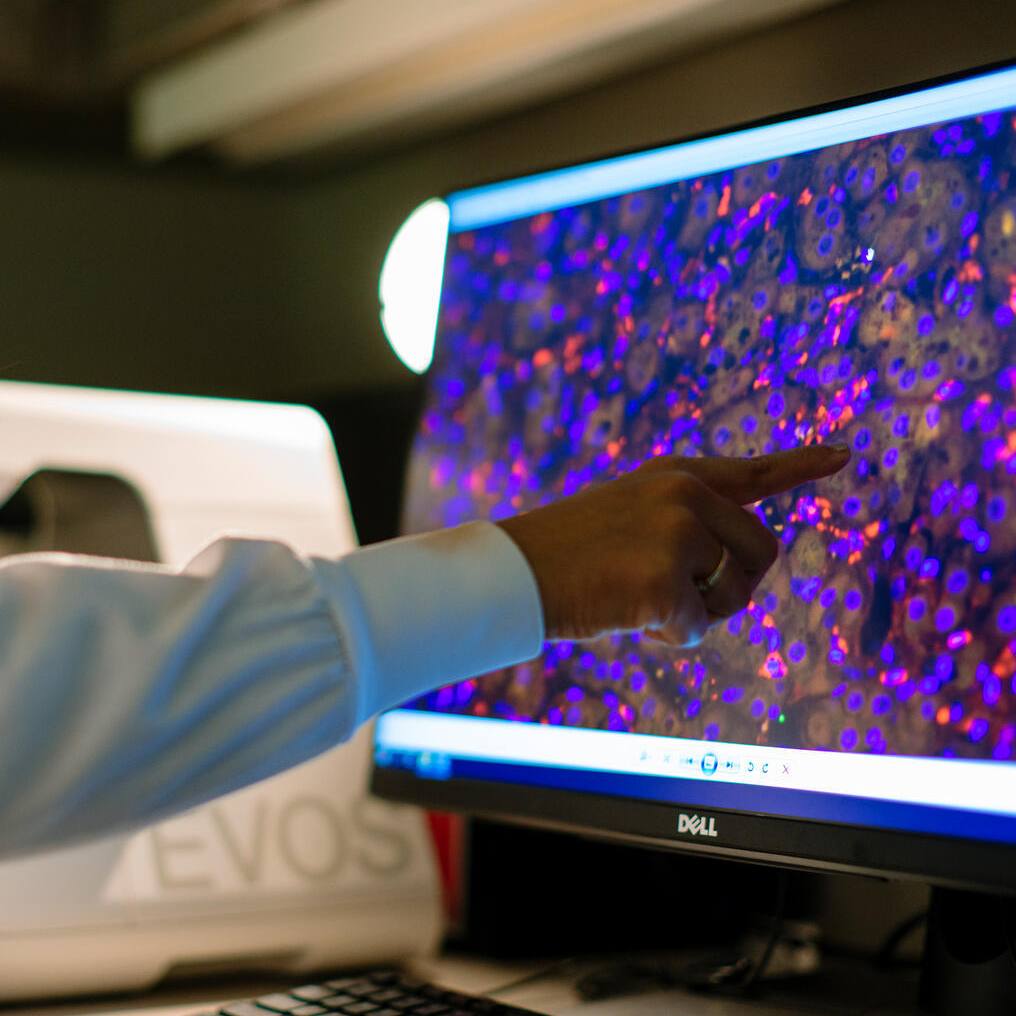-
Mayo Clinic Q&A podcast: What to expect after breast cancer

After skin cancer, breast cancer is the most common cancer diagnosed in women in the U.S. But it can occur in people of all gender identities.
Nearly 13% of women in the U.S. will be diagnosed with breast cancer at some point, according to the National Cancer Institute. Fortunately, thanks to earlier detection and advances in diagnosis and treatment, most people diagnosed with breast cancer will survive. Understanding what to expect can make the cancer journey smoother.
"It's important for people to know the road map," explains Dr. Daniela Stan, an internist with the Mayo Clinic Breast Diagnostic Clinic. "What treatments are they expected to have and what's the timeline? What will the side effects be? How can they prepare?"
People who survive breast cancer can have unique needs depending on their cancer type and stage, but there are some experiences many breast cancer survivors will share after treatment.
"Survivors on a daily basis learn how to deal with their cancer, how to pace themselves, how to get help from family and friends, and how to go forward during and after the treatment is completed," says Dr. Stan. "Luckily, there are many, many resources available to deal with the physical and psychological issues of cancer survivorship."
Dr. Stan encourages cancer survivors to talk with their health care team about how nutrition, exercise and controlling stress can help with the long-term effects of cancer treatment and even help prevent cancer recurrence.
On this Mayo Clinic Q&A podcast, Dr. Stan discusses what people can expect after completing breast cancer treatment and how to achieve the best quality of life.
Watch: Dr. Stan discusses breast cancer survivorship.
_______________________________
For the safety of its patients, staff and visitors, Mayo Clinic has strict masking policies in place. Anyone shown without a mask was recorded prior to COVID-19 or recorded in an area not designated for patient care, where social distancing and other safety protocols were followed.
For more information and all your COVID-19 coverage, go to the Mayo Clinic News Network and mayoclinic.org.







